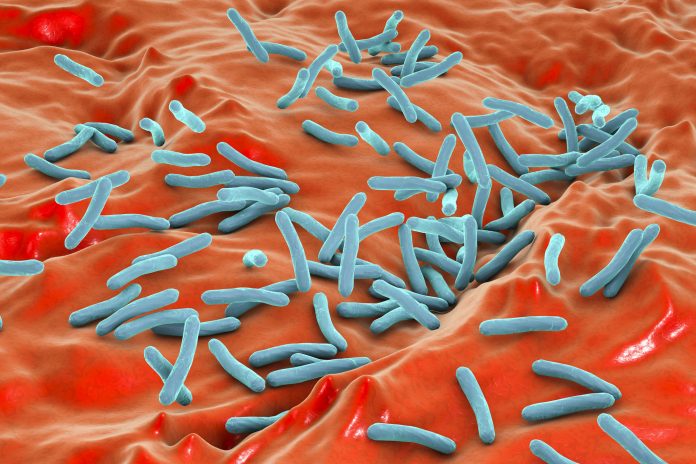
The results of two back-to-back randomized double-blind placebo controlled trials has shown that a 100-year-old vaccine originally developed to prevent tuberculosis helps protect people with type 1 diabetes from COVID-19 and other infectious diseases. The research by investigators at the Massachusetts General Hospital (MGH) found that the Bacillus Calmette-Guérin (BCG) vaccine provided continuous protection against all the viral variants for almost the entire COVID-19 pandemic.
The results of the 18-month trial are published today in iScience. The Phase III trial was conducted later in the pandemic when the Omicron variant was circulating in the population. An earlier Phase II trial was conducted earlier in the pandemic, and those results were published in the journal Cell Reports Medicine.
“Individuals with type 1 diabetes are highly susceptible to infectious diseases and had worse outcomes when they were infected with the SARS-CoV-2 virus,” said senior author Denise Faustman, MD, PhD, director of the Immunobiology Laboratory at MGH. “Published data from other investigators show mRNA COVID-19 vaccines are not very effective in this group of vulnerable patients. But we’ve shown that BCG can protect type 1 diabetics from COVID-19 and other infectious diseases.”
Testing for the efficacy of the BCG vaccine against infection by the SARS-CoV-2 virus was conducted by a number of different research organizations around the world with mixed results. In these trials the TB vaccine was given as a single booster shot to people who were already BCG-vaccinated. Data from these trials expanded the clinical trial database that has shown vaccinating newborns with the vaccine provides a base for fighting all infectious diseases with protection potentially spanning decades.
But in these early trials, five randomized studies showed efficacy, while another seven showed no patient benefit.
Undeterred by these results, the team at MGH took a markedly different approach to employing the BCG vaccine. First, instead of trial participants receiving a single booster dose, these Phase II and Phase III trials received five or six doses. “We know that in people who are naïve to BCG vaccine, the off-target effects can take at least two years to achieve full protection,” said Faustman. “Giving multiple doses of the vaccine may speed up that process.”
Other differences in the trial design included using a more potent strain of the BCG vaccine than was used in previous trials. Lastly, participants in these two trials were followed for three years, as opposed to weeks or months of previous trials.
Faustman believes the positive results of the US-based clinical trials are potentially the result of the use of BCG vaccines in newborns in other countries—a practice that has not been taken in the U.S.—as well as the trials including people with previous exposure to TB. He noted that these factors “may have obscured any benefit from a BCG booster.”
In total, the MGH trial enrolled 141 people with type 1 diabetes split roughly two-to-one in the treatment arm and placebo group respectively. The treatment group received five or six doses of BCG, while the placebo group received a “sham” vaccine.
During the Phase II trial from January 2020 to April 2021 when the SARS-CoV-2 virus was less transmissible but more lethal, the BCG vaccine was 92% effective, or comparable to the effectiveness of the Pfizer and Moderna vaccines. Over the 34 months of U.S. COVID-19 pandemic, the TB vaccine showed efficacy of 54.3%, with the researchers showing participants had lower rates of not only COVID-19 infections, but also other viral, bacterial and fungal infections.
This finding has significant implications not just in fighting COVID-19, but a range of other viral infections. With protection that potentially lasts decades, the BCG vaccine could be more effective than yearly flu vaccines which confer effective protection for only a few months.
“The BCG vaccine offers the prospect of near-lifelong protection against every variant of COVID-19, the flu, respiratory syncytial virus, and other infectious diseases,” Faustman noted.












